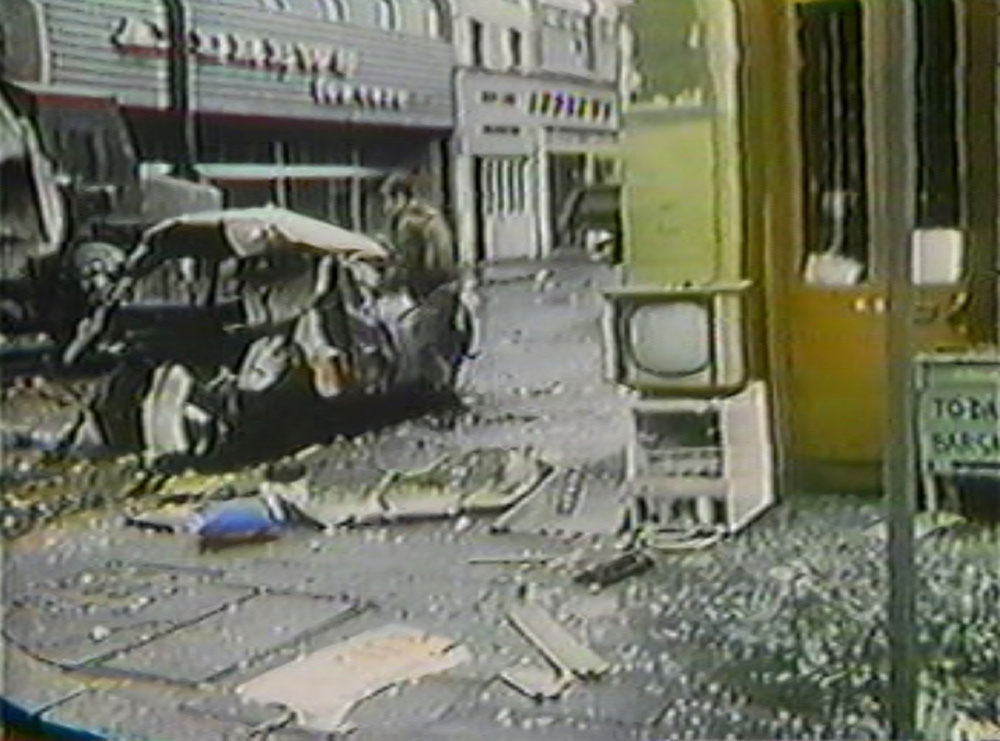Ophuls's self-described "film report" on the troubles in Northern Ireland. “The structure of the film was to start with the investigation of death, death in all its forms – death by the bomb, death by the bullet, the almost accidental death – and then to set out in search of who the individuals were, what their favourite record was, their favourite film, where they wanted to spend their holidays, etc.. All this to give the life of an individual some sense. It is individualistic and anti-generalizing, and in that sense almost an anti-ideological film. Consequently, what it is about is not just the structure of the completed film, but most of all a structure of research. It was indeed the case that in the chronology of filming, the ambulances were followed first, with a system of having previously established signals with the police, with the people of the IRA, with the people of the British army in order to know where a conflict was underway, where violence was taking place, where there was death, and always being on the alert, even at night in the hotel, to be able to be there in five minutes. It was only afterwards that we tried to identify the people, and the historic reasons, the ideological, sectarian aspects of this conflict. It is therefore the research structure that determines the structure of the film." (from an interview with Lorenzo Codelli, 1973)
